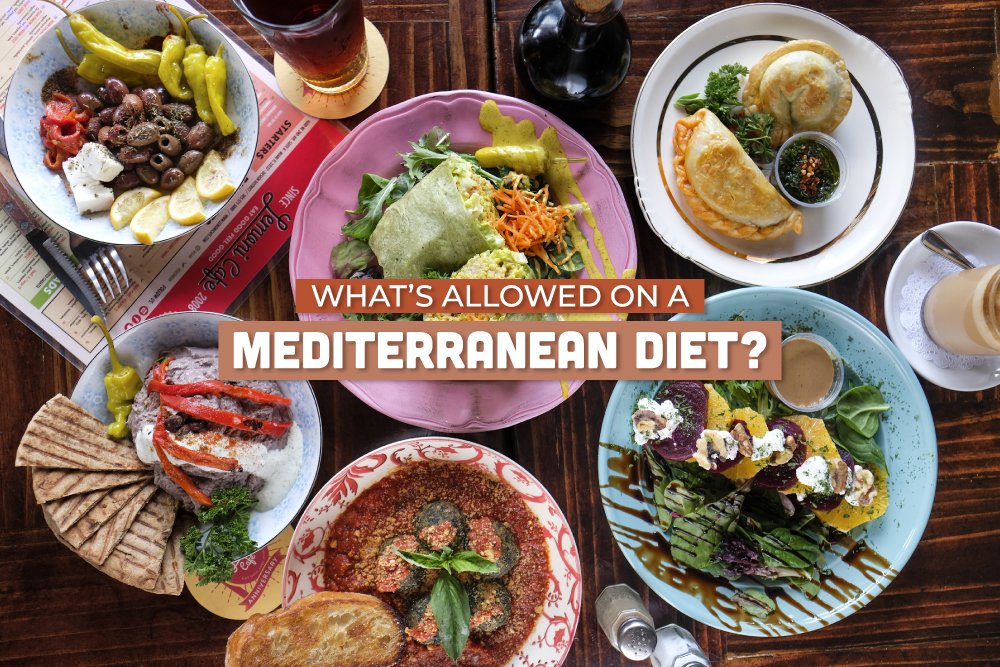What’s Allowed on a Mediterranean diet?
Every time we go on a diet, we think of a strict plan, but that’s not the case when you try a Mediterranean diet. Unlike other diets that limit us to eating small amounts of food, this diet aims to be as delicious as possible and consists of a balanced way of eating nutritious food from different food groups.
The Mediterranean diet is well known for helping weight loss and preventing heart attacks. It is mainly because of the dishes with delicious garden-fresh produced ingredients, whole grains, and an abundance of healthy fats.
Let’s get down to business and find out what you can eat on a Mediterranean diet. Keep reading!
Plant-based foods
Starting a Mediterranean diet does not mean you have to become vegan or vegetarian to do it properly. It simply means you want to get even more plant-based foods in your diet. It’s like rainbow eating! Many nutritionists say, ‘the more colors you have on your plate, the better.’
Most Americans don’t get enough fruits and vegetables, but thanks to this diet, they can enjoy many important plant-based foods eaten in the Mediterranean diet, such as whole grains, seeds, nuts, legumes, beans, herbs, and more.
Carbs and fats
Don’t worry! We are not counting macros here. But did you know that carbs provide four calories per gram, while fat provides nine calories per gram? These macronutrients are the ones we want to consume in their highest quantities since they provide us with energy.
Each of these macros has a place in our diets and is not in the “counting” since you may have previously heard. It’s also important to note that every single person’s ideal range will vary depending on sex, age, physical activity, height, weight, and body composition.
Careful! We are not talking about the carbs you’ll consume in a western diet like pizza, fries, chips, or refined snacks. We are talking about some animal-derived carbs like yogurt and milk.
The fats include fatty fish like salmon, tuna, herring, cheese, and other full-fat dairy products.
Fish and lean proteins
The top quality proteins you can add to your next Mediterranean diet plan are soy foods and products like edamame and tofu.
Remember this: Just because something is not originally from the Mediterranean doesn't mean you're not allowed to have it.
When you get a solid foundation from eating more plant-based foods, you can fill in the gaps by eating foods that provide good lean proteins, like fiber, and any of the following in moderate amounts:
Lean poultry
Fatty fish
Some dairy
Eggs
Cheese (avoid highly processed cheeses)
As you can see, this is a pretty flexible regime, as there are no definitive eating rules. Trust your general guidelines and principles to get the most variety of your unique Mediterranean diet plan.
And remember, you can always visit Lemoni Cafe to indulge in the Mediterranean flavors of Chef Assia.

